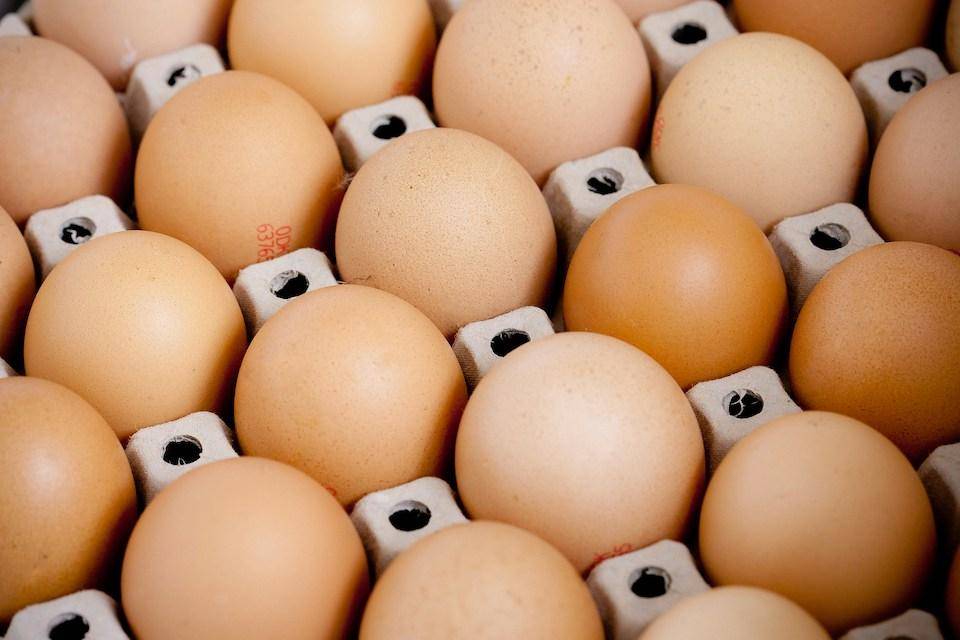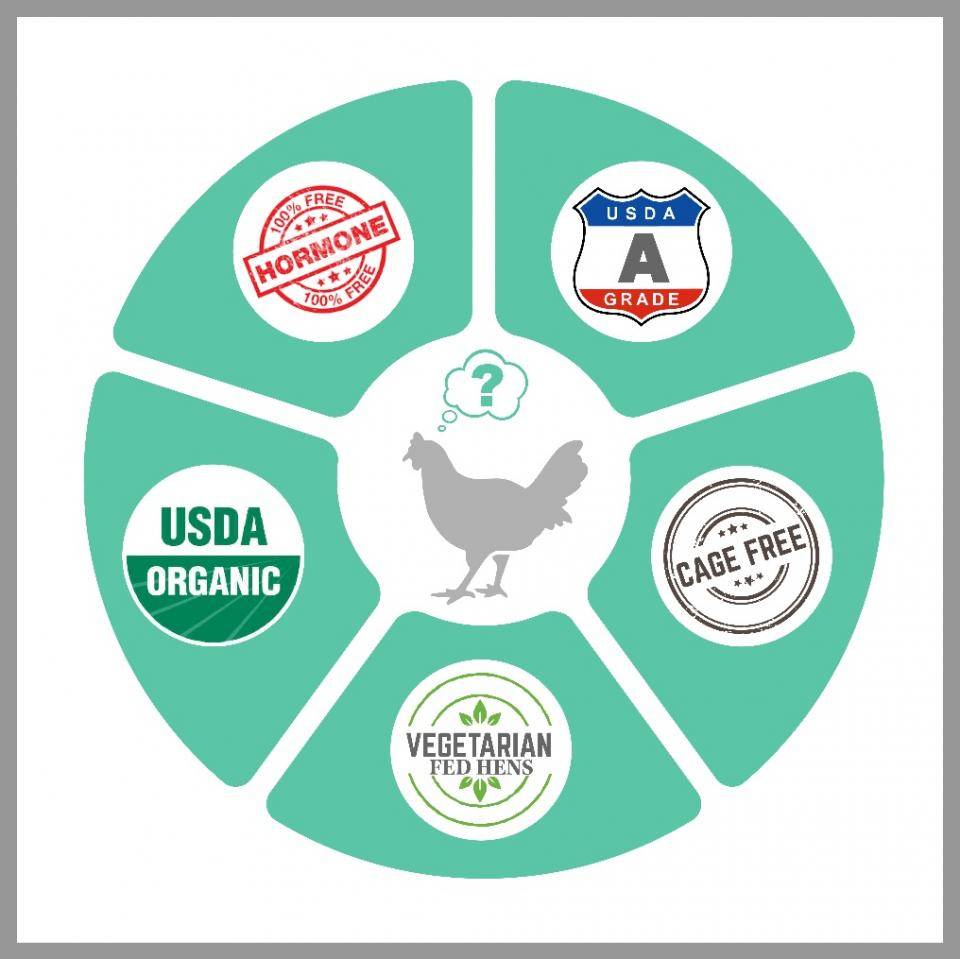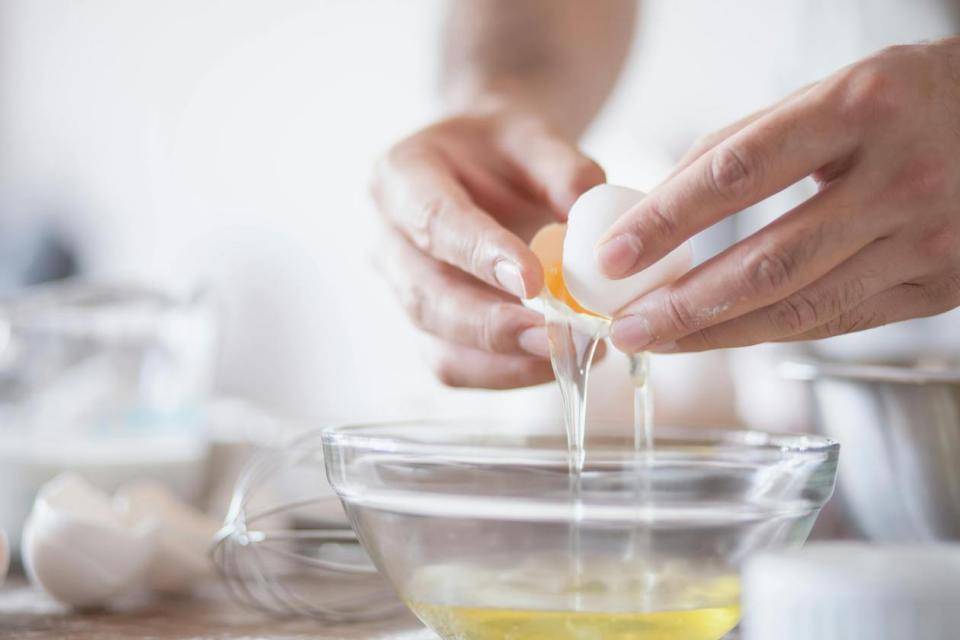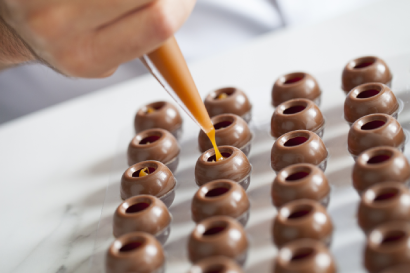Tips for Selecting Eggs
Tips for Selecting Eggs

When purchasing eggs, you have many options, and the labyrinth of labels and slogans can be challenging to navigate.
Here, we'll explore egg labels and sizes, some tips for determining the age and quality of your eggs, and when the type of egg you use matters and when it doesn't.

Egg Labels
Food laws in the US require all eggs to be graded, though an official USDA grade is not required. State agencies monitor egg grades for those producers who do not participate in the USDA program. Regulations vary from region to region.
Eggs vary greatly in size, and there is even some variation within an official size designation. Measuring eggs or egg components by the piece rather than by weight will, at the least, affect your ability to produce a product with consistent results and, at worst, negatively affect the outcome of your recipe. For reference, an average "large" egg will weigh 50g without the shell, with the yolk clocking in around 18-20g and the white measuring 30-32g.
Marketing terms such as "pasture-raised," "free range," and "organic" may or may not be regulated terms in your region. Before you spend extra on eggs with a specific claim, make sure that the claim is legitimate and has meaning.

Egg White Products vs Shell Eggs
Egg White Products:
- Liquid egg whites:
- typically sold in a carton, often frozen
- may contain sugar or salt to extend shelf life)
- Dried egg whites
- have a longer shelf life
- mix well with other dry ingredients
- Meringue powder
- great for making royal icing for cookies
- tastes fine
- fast/easy to make
- structure is weak
Considerations:
- Pasteurized: goodbye, salmonella!
- They can be used in an application that is not going to be baked
- Longer shelf life than shell eggs
- Dried egg whites have most of the moisture removed, so they have an even longer shelf life than liquids
- Dry storage (for some)
- Dried whites may contain additional ingredients to aid in whipping (e.g. sodium lauryl sulfate) and are referred to as "high whip" powder
- Depending on whether dried whites are produced by spraying or pan-drying, the moisture content, lipid levels, and pH will be different
Egg white products are functional, easy to use, economical, time-saving, space-saving convenience products.
There is always a price to pay for convenience! Beware of any tradeoffs you may make.
Always test an egg-white product in your formula to identify any (positive or negative) changes that may occur as a result of this formula change.
Not all egg white products are manufactured the same from manufacturer to manufacturer, so evaluate the same product from multiple suppliers to make a decision.

How Fresh are Your Shell Eggs?
There are two main attributes to look for when evaluating shell eggs for freshness:
1. Chalazae attachment and thickness.
In fresh eggs, the chalaza will be firmly attached at both ends of the yolk.
2. Inner white thickness
The inner-most layers of egg white will be thick and gelatinous and will appear slightly more opaque than the outer white.
The yolk color offers no indication of the freshness of an egg. Rather, it is determined by the hen's diet.









